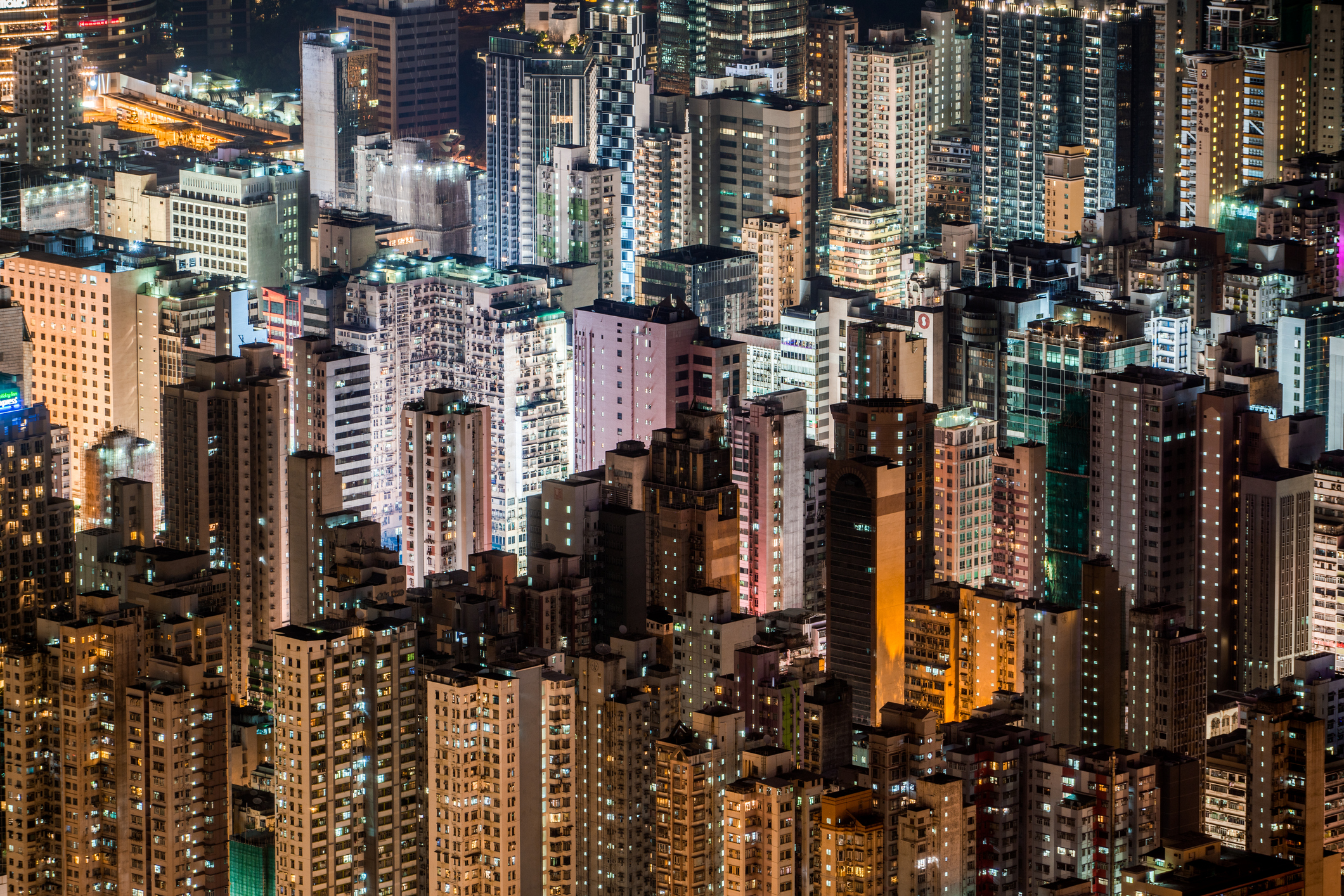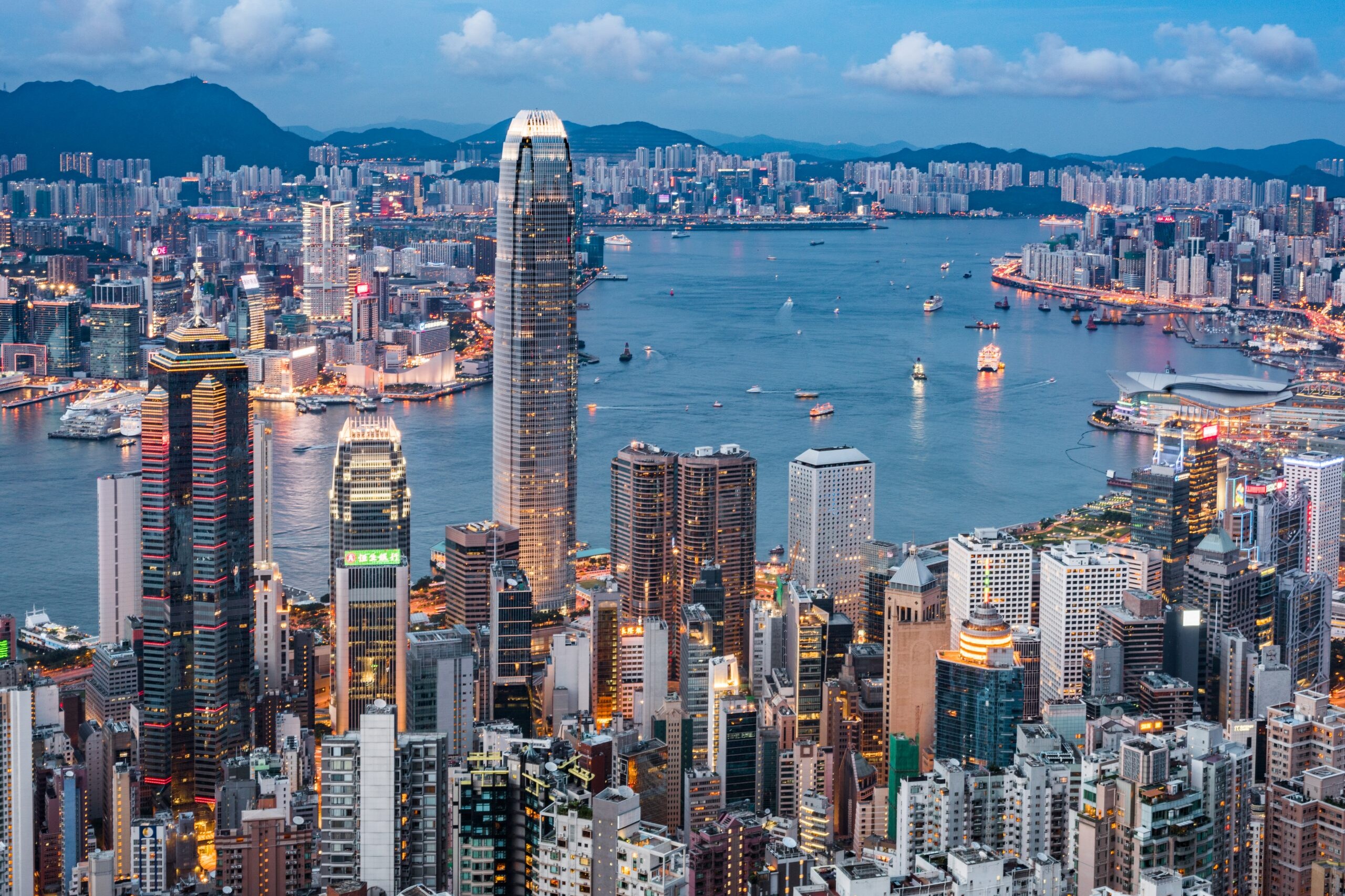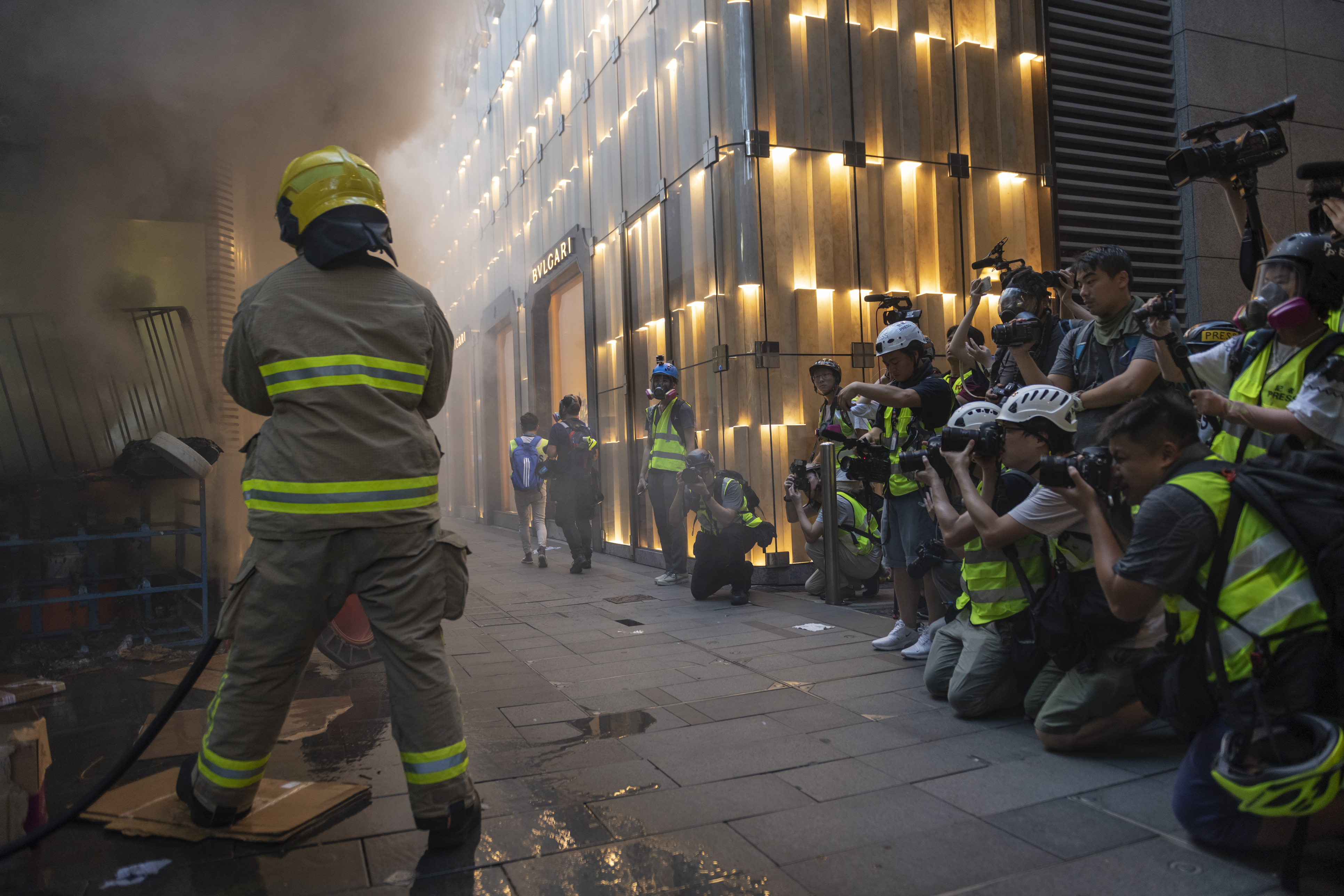The situation facing independent and public media in Hong Kong went from bad to worse in 2020 with the imposition of a new National Security Law.
Over the past year, Hong Kong’s media landscape has been a regular feature in global headlines and has been the subject of several of our own reports.
Before then, 2019 had already spelled trouble due to censorship complaints, attacks against the media, and hints of tightening control by the mainland. But the passage of the National Security Law in June 2020 – said to target secession, subversion, terrorism, and collusion with foreign forces – has brought additional pressures, including for public broadcaster Radio Television Hong Kong (RTHK).
Below, we have pulled together a list of the most recent developments and changes to Hong Kong’s public and general media sector.
» Continued press freedom deteriorations, stronger Beijing influence → Coming off of a wave of journalist arrests and attacks in 2019, the National Security Law promised to deliver a fresh set of pressures on the Hong Kong media landscape and strengthen Beijing’s influence on the special administrative region. Since the law’s deployment, Beijing’s influence has been seen in the arrests of Jimmy Lai, the owner of the pro-democracy newspaper Apple Daily, and hundreds of pro-democracy protestors and activists; the targeting of foreign journalists, with increased visa waiting times being reported; and the crushing of press freedom both directly — in the form of raids and arrests — and indirectly, through self-censorship. The erosion of press freedom in Hong Kong was noted in the 2020 World Press Freedom Index where it fell seven spots between 2019 and 2020, from 73 to 80 – it is expected to fall further in 2021.
» Official warnings and “political persecution” → RTHK has been on the receiving end of several warnings from the Hong Kong Communications Authority: in September 2020, the broadcaster reported it received yet another warning, this time for four episodes of a programme broadcast in late 2019 described by the Authority as “biased”. The episodes have been removed from RTHK’s website. Furthermore, in November 2020, Nabela Qoser, a hard-hitting journalist well known for her questioning of public officials, had her three-year probation period extended following the reopening of an investigation of complaints from late 2019. The move was seen as “political persecution” by the RTHK Programme Staff Union.
» Government-imposed review of RTHK → In May 2020, the government announced that it would establish a team to review RTHK’s governance and management, following several reprimands over the broadcaster’s news coverage. The review – which was said to determine whether RTHK abides by the principles of its charter – has been criticised for its lack of independent oversight. The government later appointed three new members to RTHK’s advisory board, including a new chairperson, Lam Tai-fai. Lam is a former lawmaker who is said to have strong ties to Beijing. The board’s last chair, Eugene Chan, had previously urged the public broadcaster to provide more “positive” coverage of the national security law and encouraged training for all RTHK staff “to help them better understand the public broadcaster’s charter, as well as its role in promoting civic society and national identity.”
» COVID-19 and the limiting of free speech → The National Security Law arrived at a time Freedom House deemed as a new era of Chinese disinformation, where there has been exerted influence by the Chinese Government over the media and information space, both locally and internationally. Particularly with the COVID-19 pandemic, there have been attempts to manipulate coverage and limit free speech.
» RTHK’s worsening relationship with the police → The relationship between RTHK and the Hong Kong Police Force (HKPF) has become increasingly tense. In June 2020, the 31-year satirical programme Headliner was forcibly suspended by RTHK due to its critical skits of HKPF and public figures. A month later, HKPF said it would discontinue the long-running show Police Report, following a review of its “publicity strategies. The show had represented a 47-year partnership between the public broadcaster and the police force. HKPF has since created its own weekly programme. Most recently, the relationship between RTHK and HKPF took another blow in November when RTHK producer, Choy Luk-ling, also known as Bao Choy, was arrested and charged in relation to a 2019 report on police misconduct, following a very public raid of her home. RTHK had said the arrest had left its staff “afraid” and “worried” but the broadcaster reaffirmed its commitment to the principle of editorial independence.
» New media accreditation rules → In September 2020, the Hong Kong Police Force announced new accreditation rules, which set out to only recognise journalists from media organisations registered with the government’s information system and “internationally recognised and renowned” foreign media. Almost immediately, the new rules negatively impacted citizen and student journalists, along with the Hong Kong Journalists Association (HKJA) and the Hong Kong Press Photographers Association (HKPPA). Together, the two associations represent hundreds of journalists and media workers. Before the accreditation rules, journalists were already operating in an extremely tense environment, worsened by the passage of the national security law.
» Pledging of allegiance to Hong Kong → In October 2020, RTHK’s staff received a circular which stated that, under Article 6 of the security law, appointees to the civil service who had joined since the law’s enactment must sign a written declaration on their commitment to uphold the basic law. The appointees would be required to swear allegiance to Hong Kong while more senior appointees would also be required to take an oath. It is feared that the move – which could place staff at the public broadcaster in the precarious situation of having to choose between editorial independence and allegiance to the government – could further self-censorship.
In other news:
» Staff reminded to be “cautious” with interviewing those arrested → According to RTHK’s Production Staff Union, the Director of Broadcasting has reminded colleagues to treat the editorial process with “caution” when reporting on recent arrests, emphasising the pressures that many of the public broadcaster’s reporters are facing while trying to objectively cover the pro-democracy movement in Hong Kong. The reminder followed the arrest of more than 50 pro-democracy activists and protestors earlier this month. Eleven more have been arrested since.
» Producer suspended since November → RTHK producer, Choy Luk-ling, also known as Bao Choy, who was arrested and charged in relation to a 2019 report on police misconduct has been suspended since her arrest last November. In a recent RTHK report, Choy was reported as saying she was disappointed with the broadcaster’s decision and felt she was being punished for doing her job.
» Media outlets issued with requests for documents → One target of the 6 January crackdown was online news website Stand News. While the office was not searched and no arrests were made, the outlet was visited by police and its chief editor was asked to sign a warrant which requested the handing over of relevant documents within a week. Other news outlets, such as Apple Daily and In-Media, also reportedly received police document requests. The police document requests to media outlets signal a further descent for media freedom in Hong Kong at a time when news organisations, such as public broadcaster RTHK, are already under considerable pressure.
Header Image: Hong Kong, Kowloon, Kowloon Peninsula. Credit: CHUNYIP WONG/iStock
Related Posts
1st October 2020
Further restrictions on media freedom in Hong Kong
New developments have painted an even…
17th August 2020
Another dark week for press freedom and critical voices in Hong Kong
The Chinese government’s new National…
29th May 2020
Hong Kong: Growing pressure on editorial independence and press freedom
The editorial independence of Hong…


